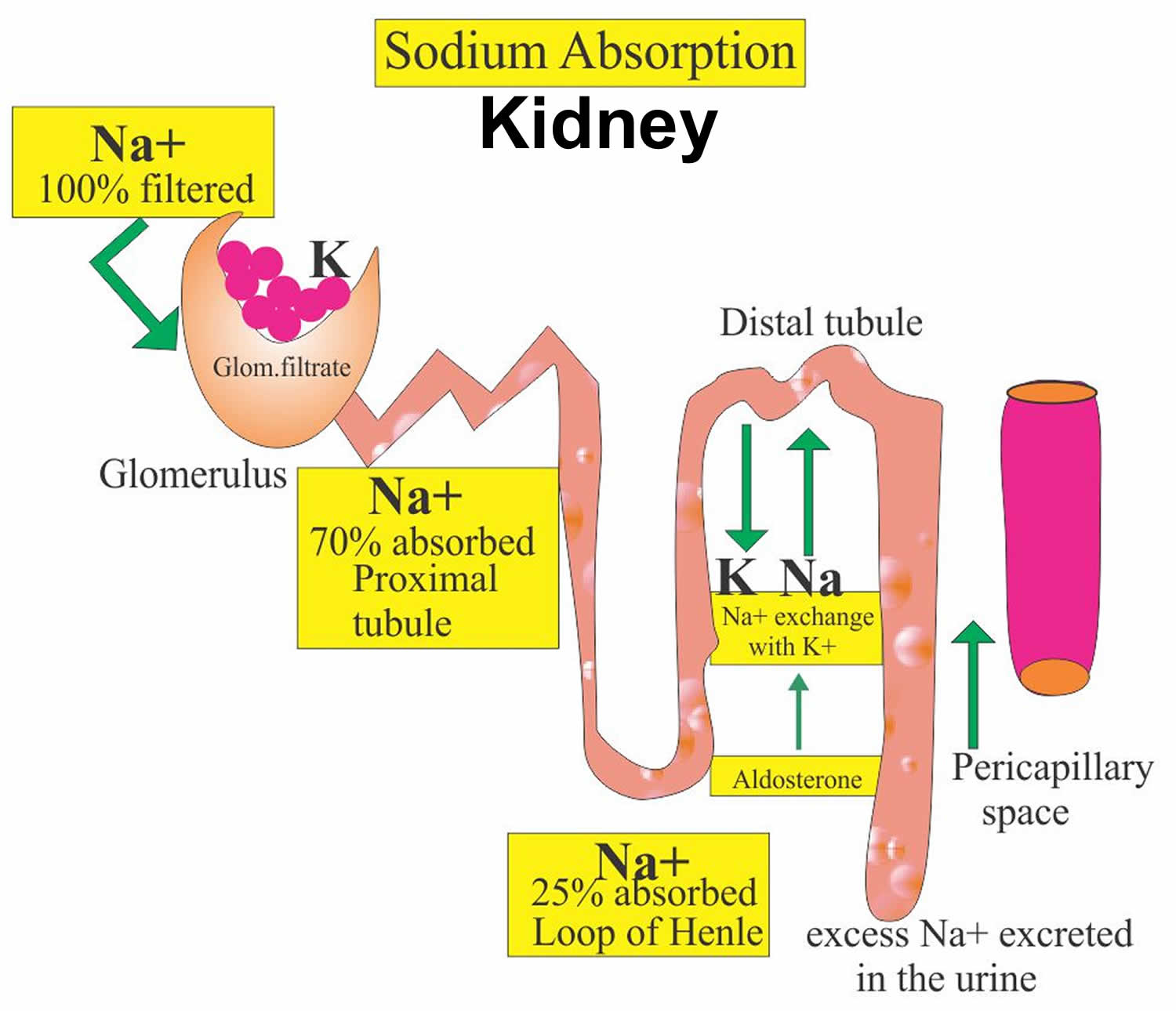
A low magnesium level in the blood may indicate severe malnutrition, severe diarrhea, alcoholism, or excessive use of diuretics. Like calcium, the level in the blood is important. This element is found primarily inside the cells of the body. Tumors of the parathyroid gland may result in very high calcium levels. The parathyroid gland is the main regulator of calcium in the body. High levels can be caused by bone disease, excess intake of antacids and milk (this is often seen in people with ulcers), excessive intake of vitamin D, and over activity of the thyroid gland.

The remaining one-percent is in body fluids, such as blood, and is very important for the proper function of nerves, enzymes, muscles, and blood clotting. Ninety-nine percent of the calcium in the body is in the bones. High levels of phosphate in the blood are usually associated with kidney disease.Ĭalcium is one of the most important elements in the body. Very low levels of phosphate in the blood can be associated with starvation or malnutrition and this can lead to muscle weakness. The remaining phosphate level, which is found in the blood, is very important for muscle and nerve function. Phosphate is closely associated with calcium in bone development and is primarily found in the bones. Uric acid levels may be increased during kidney failure, with certain tumors, and as a response to stress and alcohol. A number of drugs, particularly diuretics and salicylates (aspirin), may also increase uric acid. Patients with gout may develop arthritis and or kidney stones. Diets high in purines (present in sweetbreads, kidney, and liver) may worsen the condition. Gout is a condition that occurs and affects men more than women. Uric acid levels are useful in the diagnosis of gout. A low glucose level may also mean that the blood sample was not handled properly after it was drawn. Low blood glucose, on the other hand, may be seen with certain tumors or with liver disease. For example, high glucose levels after 12 hours of fasting may suggest diabetes. Glucose is the chief source of energy for all living organisms however, abnormally high or low blood glucose levels may be a sign of disease. Always consult your doctor regarding your laboratory tests. These descriptions are not intended to be a complete listing of all conditions medically relevant to each test.



You should not rely on this information for diagnostic treatment. These descriptions will help you to better understand your laboratory test results so that you may have a more meaningful discussion with your doctor. What follows is a brief description of the typical tests that may be included in a testing profile. A person’s own result is the best baseline for monitoring any change that takes place in the future. Each person has his or her own baseline “normal”. When a result is normal, it not only helps to rule out disease, but it also establishes a baseline for you. A normal result does not mean that the test was unnecessary. Sometimes test results will be abnormal before you have any symptoms, and when you have symptoms, laboratory test results help confirm that a problem does exist.Ī normal test result is just as significant as an abnormal result. You and your doctor can learn a great deal about your health by testing a sample of your blood.


 0 kommentar(er)
0 kommentar(er)
